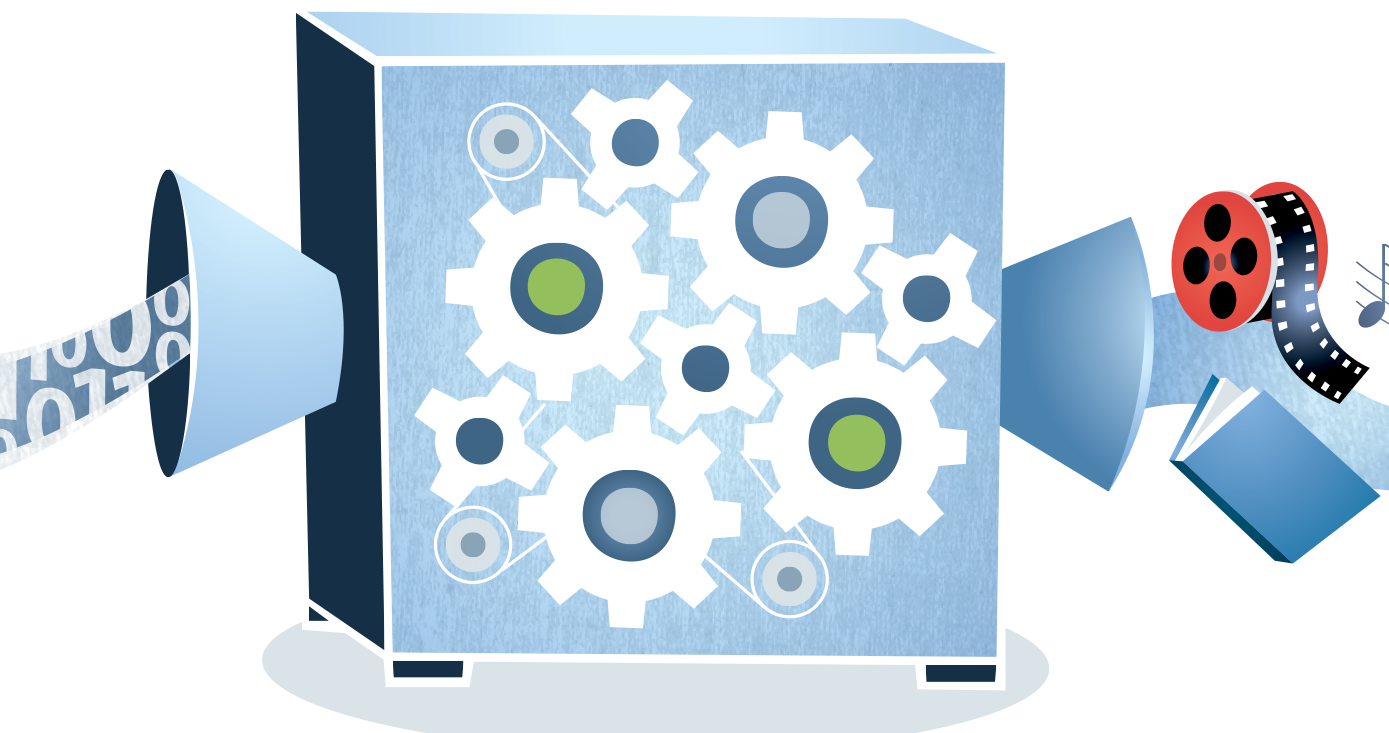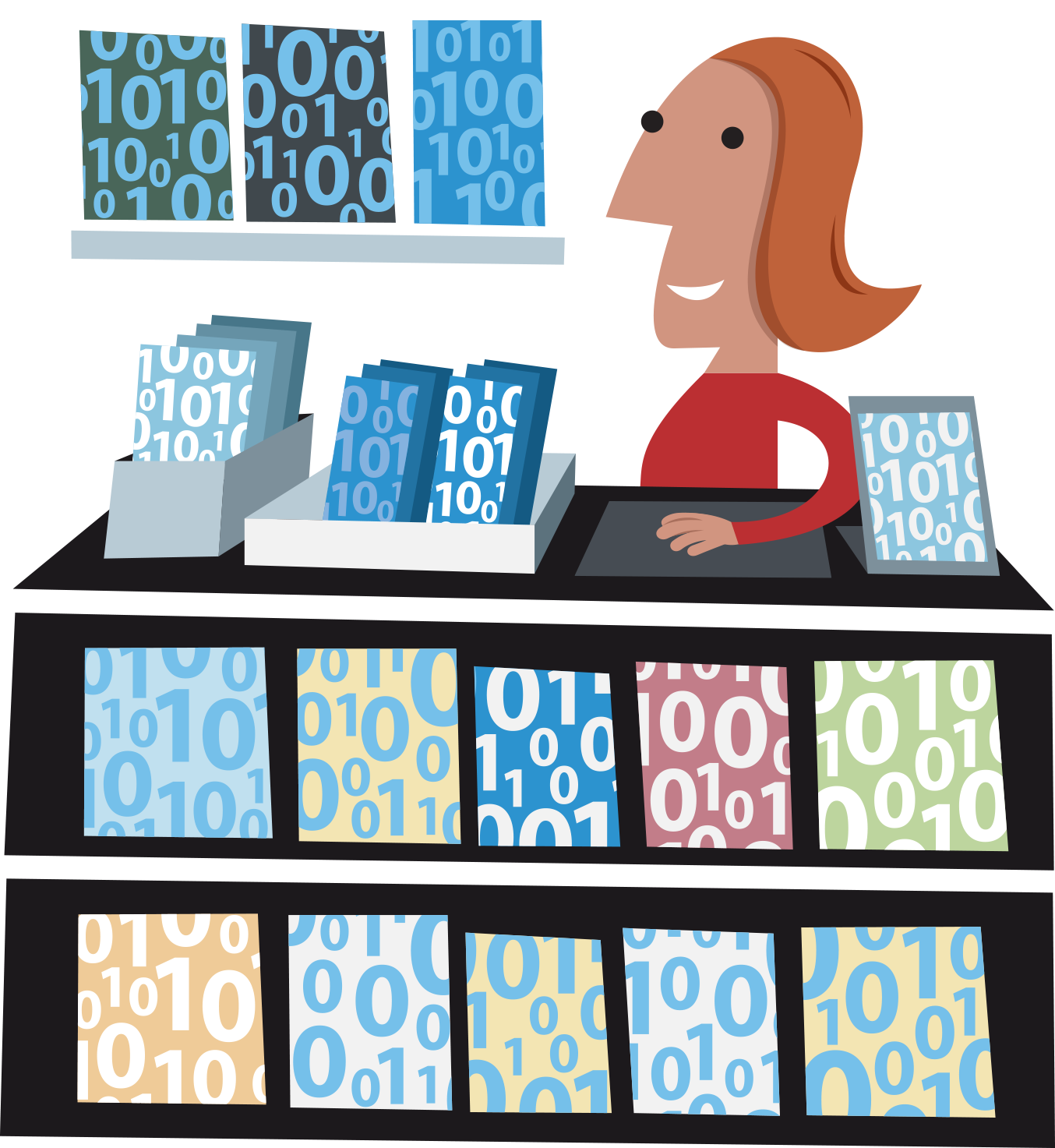What we discovered so far
Method Here, we use the text collected and analysed so far (mostly via browsing the web, few direct contribution from the crowd), comparing it to a report from the research data alliance report. Both reports can be found as blog posts found under the category analysis. Summary We focused our analysis on three interesting content: Marketing strategies (how to reach researchers), arguments for research data management, and stories to tell.






